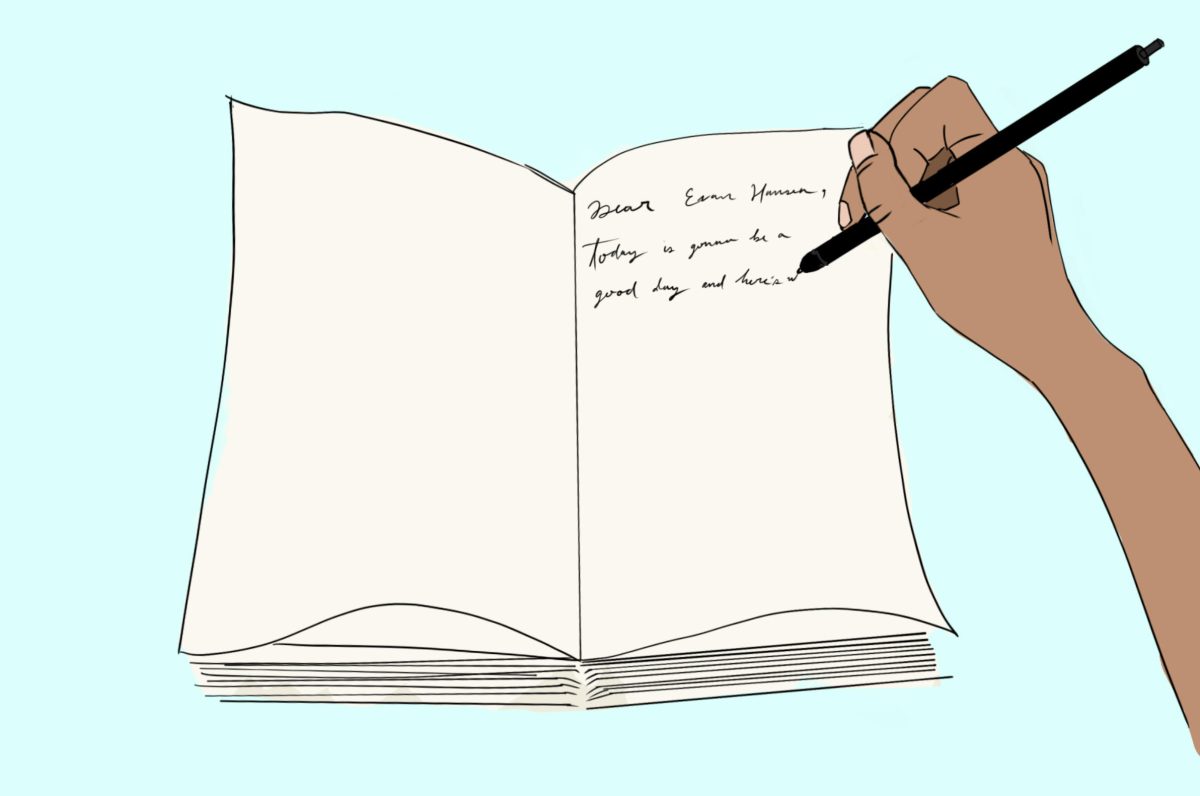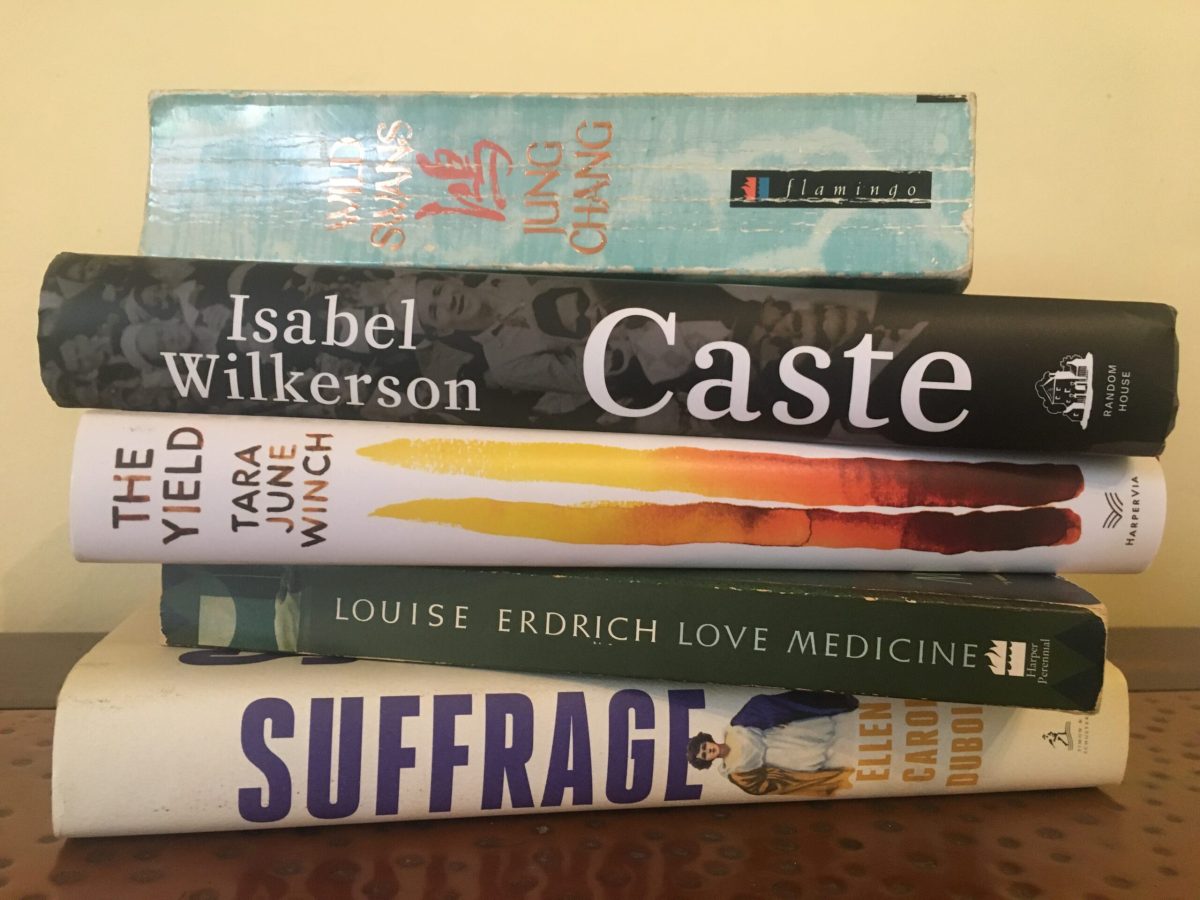
On Oct. 9, literature nerds everywhere let out an audible gasp as the Nobel Committee designated French writer Patrick Modiano as the latest recipient of the Nobel Prize for Literature. He joined an illustrious list of Laureates that include W.B. Yeats, Ernest Hemingway and Samuel Beckett.
The overall shock concerned the relative obscurity of Modiano; more well-known authors such as Haruki Murakami, Philip Roth and Cormac McCarthy have been pegged for ages to receive the prize, leading some to criticize the committee for its ingrained Eurocentrism. Their complaints are grounded in merit, considering the last American to win the prize was Toni Morrison in 1993, and in the 113 years of the award’s existence, there have been only a smattering of Asian or Latin American writers represented in these ranks, despite the prodigious literary output from these areas. Nobel judges have also been known to snub their noses at American literature, dismissing it is as weakened by the abundance of coddling MFA programs.
Personally, I don’t have a problem with Modiano’s win. Though I haven’t read any of his work, I expect that, ideally, the Nobel Prize transcends name recognition and focuses on the quality of work, and if this pick gives Modiano (and French literature in general) more renown to American public, then I see no harm in it. I do, however, see harm in the committee’s snobbish mentality; how can readers embrace new forms of literature from different nations if we keep awarding the traditional? Perhaps this problem does not lie solely with the Nobel Committee, but with the older generation’s mindset regarding literature in general.






